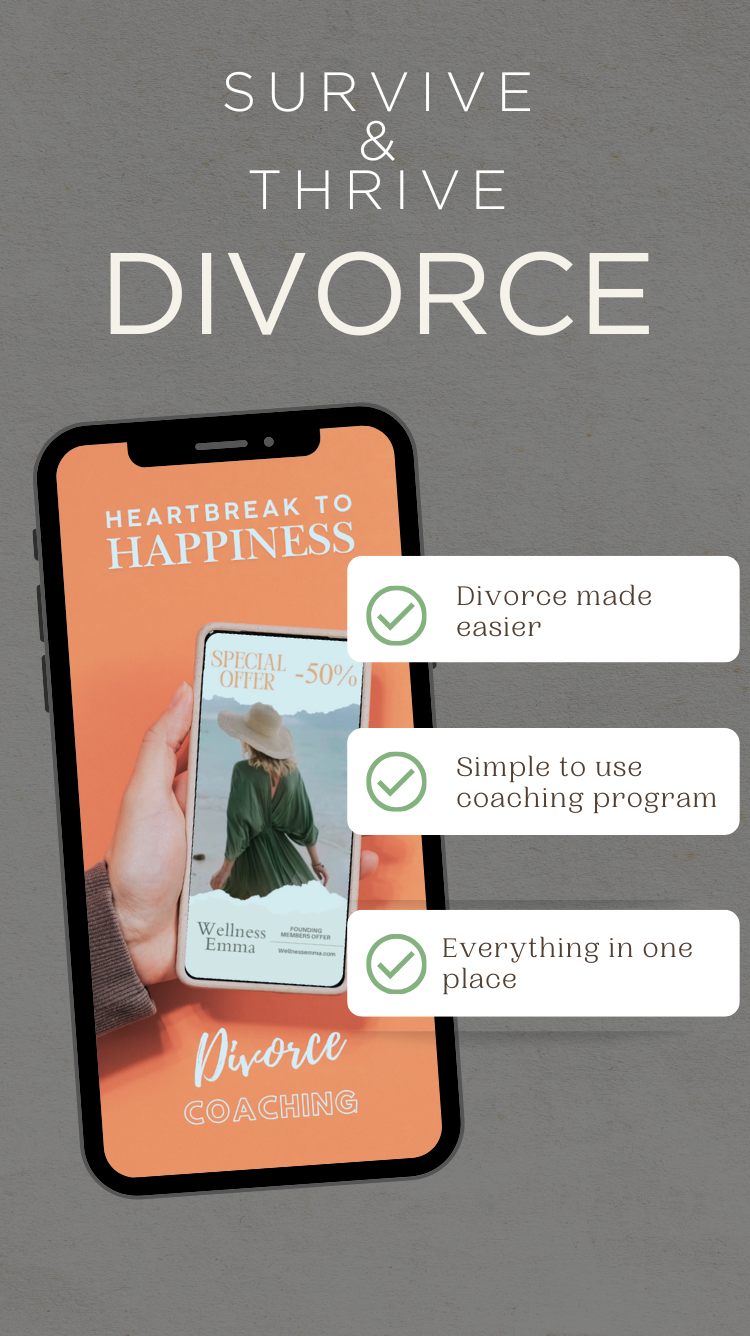How to cope when your spouse leaves you
How to adapt to this challenging time

Dealing with the emotional challenges when a spouse decides to leave can be incredibly difficult. Coping with such a situation involves a combination of self-care, seeking support, and allowing yourself to grieve. Be kind and compasionate with yourself and allow time to grieve and to adapt to the changes:
Allow Yourself to Feel:
It's natural to experience a range of emotions, including shock, sadness, anger, and confusion. Allow yourself to feel these emotions without judgment.
Reach Out for Support:
Connect with friends, family, or a support group. Talking to others who have gone through similar experiences can provide understanding and comfort.
Consider Professional Help:
Seeking therapy from a coach can be beneficial. A professional can offer guidance and support as you navigate through the emotional challenges of a separation.
Take Care of Your Physical Health:
Ensure you're taking care of your basic needs, such as eating well, getting enough sleep, and engaging in regular physical activity. Physical well-being can impact your emotional resilience.
Establish a Support System:
Identify individuals who can be there for you during this time. Surround yourself with people who care about your well-being and can offer practical and emotional support.
Create a Routine:
Establishing a daily routine can provide a sense of stability and control during a period of upheaval. Focus on maintaining healthy habits and activities that bring you comfort.
Give Yourself Time:
Healing is a process, and it takes time. Allow yourself the space and time to grieve the end of the relationship. Be patient with yourself as you go through this challenging period.
Express Your Feelings:
Find healthy outlets to express your emotions, such as journaling, art, or talking with a trusted friend. Expressing your feelings can be cathartic and help you process what you're going through.
Focus on Self-Reflection:
Take the time to reflect on your own needs, desires, and personal growth. Use this period of transition to discover more about yourself and your goals.
Legal and Financial Considerations:
If applicable, consult with a legal professional to understand your rights and responsibilities. Addressing financial matters and legal aspects early on can provide clarity and reduce uncertainty.
Limit Contact If Necessary:
Depending on the circumstances, you may need to establish boundaries and limit contact with your spouse, at least temporarily, to allow for emotional healing.
Explore New Hobbies and Interests:
Engaging in activities you enjoy or exploring new hobbies can be a positive way to redirect your focus and find joy outside of the relationship.
Remember, everyone's journey through a separation is unique. It's important to prioritise your well-being and seek the support that feels right for you. If you find the emotional challenges overwhelming, don't hesitate to reach out to a coach who can provide additional guidance and support.




